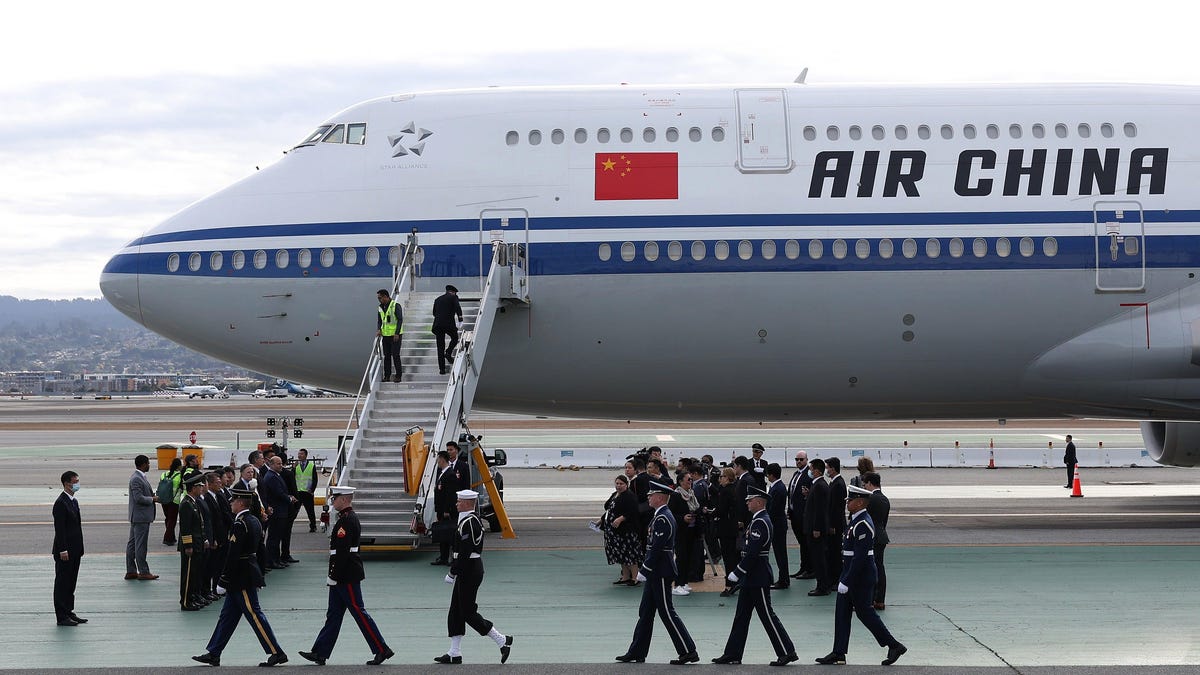U.S. Airlines’ Concerns Over Chinese Flights
Amid the ongoing recovery of Chinese air travel from the slowdown caused by the pandemic, U.S. airlines are raising objections to the influx of flights from China into America. Airlines for America, a prominent trade group representing major carriers such as Delta, United, American, and JetBlue, is advocating for measures to restrict the number of flights entering the country.
The Department of Transportation’s proposal to increase the weekly limit on China-to-America flights from 35 to 50 has sparked controversy within the airline industry. In a joint effort with unions representing pilots and flight attendants, Airlines for America has voiced strong opposition to further expanding passenger air travel between the two nations.
Despite the already implemented increase to 50 flights per week as of March 31, U.S. airlines are cautioning against a continued escalation towards the pre-pandemic cap of 150 weekly flights. While cooperation on flight schedules has been identified as a positive aspect of the bilateral relationship, concerns remain over potential imbalances in market access and competition.
Key Issues Raised by Airlines for America
- Unequal Market Access: The trade group’s main contention revolves around ensuring fair competition for U.S. workers and businesses, free from what they perceive as anti-competitive policies enforced by the Chinese government.
- Pandemic Fallout: American carriers faced severe operational restrictions in China as a result of the Chinese government’s pandemic response, leading to disruptions in their services. To prevent a recurrence of such challenges, Airlines for America is advocating for safeguards against unilateral actions affecting U.S. airlines.
- Airspace Utilization: Another point of contention is the use of Russian airspace by Chinese airlines, a privilege not extended to U.S. carriers. This disparity enables Chinese airlines to utilize more efficient routes, saving both time and costs compared to their American counterparts.
Overall, the pushback from U.S. airlines underscores a broader concern regarding the regulatory environment governing air travel between the two major economies. As the aviation sector strives to rebound from the impact of the global health crisis, maintaining a level playing field and addressing competitive disparities will be crucial for fostering a sustainable and mutually beneficial aviation relationship.
Image/Photo credit: source url





